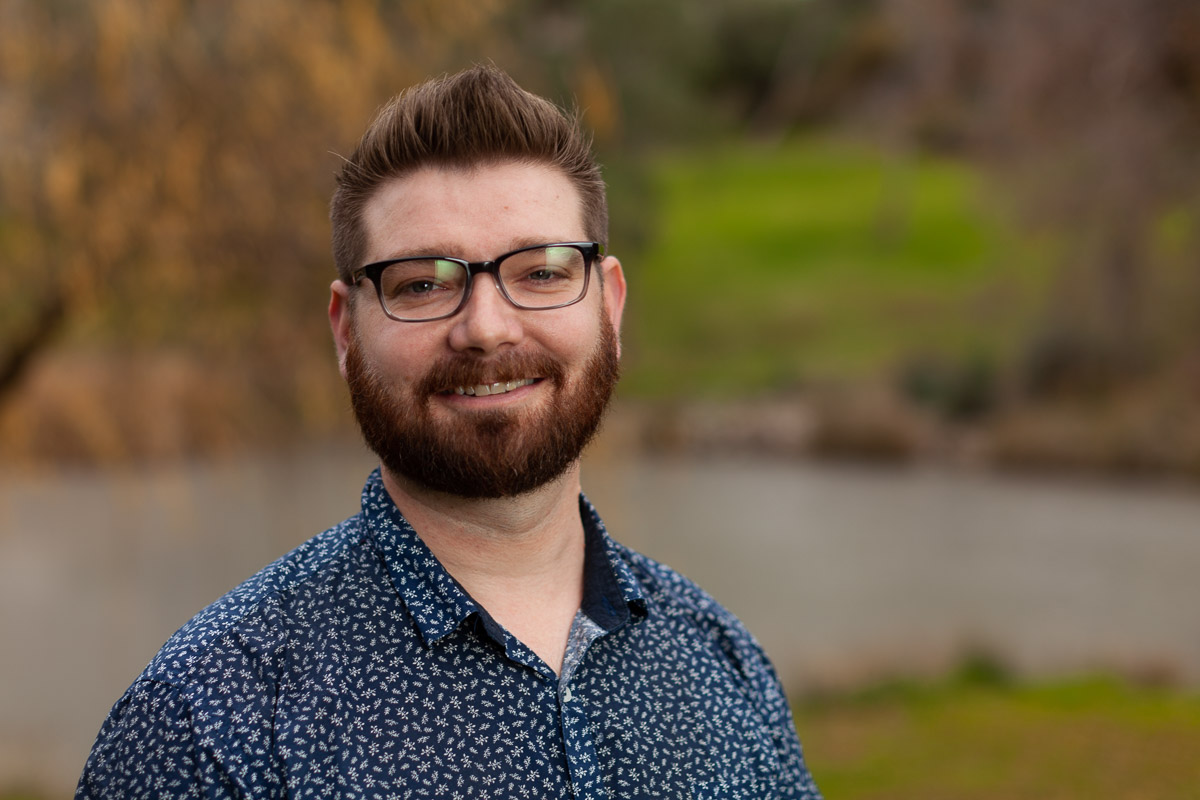
A three-year research project, awarded close to $500,000 through the Australian Research Council’s Special Research Initiative (SRI) program, will target development of new filtration technology to isolate and destroy dangerous industrial chemicals such as perfluoralkyl substances or PFAS.
Used in an array of industrial applications including firefighting foam, PFAS were made to withstand extreme conditions and are virtually indestructible.
The pervasiveness of the chemical makes it a major environmental problem, often making its way into water supplies and the food chain via plants and animals.
As many as five serious human health risks have been associated with PFAS, from some forms of cancer and immune system conditions to low birth weights and thyroid problems.
Now SA researchers and industry partners are set to significantly expand their efforts to tackle the PFAS problem with an integrated solution that combines clever chemistry and a sophisticated filtration system.
The UniSA-led SRI project brings together researchers from all three SA universities and industry partners, Membrane Systems Australia and Puratap, to tackle the problem.
To support the research, UniSA is also contributing a further $100,000 along with a $150,000 contribution from Membrane Systems Australia.
Professor John Hayball, from UniSA’s School of Pharmacy and Medical Sciences, says the funding will go a long way to helping researchers perfect a cost-effective water filtration system that cleverly integrates contaminant destruction with new filtration technology to isolate and destroy PFAS.
“We are working with advanced adsorbent materials which provide significant advantages for PFAS remediation,” Professor Hayball says.
Dr Justin Chalker, from Flinders University’s College of Science and Engineering, says the funding will support the scaling up of commercially viable production of a novel sulphur co-polymer capable of binding with PFAS once activated by carbon.
“The goal for the research is to develop a filtration system that can be employed in mobile water treatment plants to remediate PFAS contaminated aquifers wherever they are,” says Dr Chalker.
“We are aiming to develop sustainable, cost-effective and scaleable technology that can be rapidly deployed.”
UniSA Research Fellow Dr Martin Sweetman, who is working closely with Puratap Pty Ltd on other water filtration projects, says: “We are also hoping to develop point-of-use water filters for individual domestic use which will give people a tangible solution to what is being seen as a PFAS crisis in Australia.”

